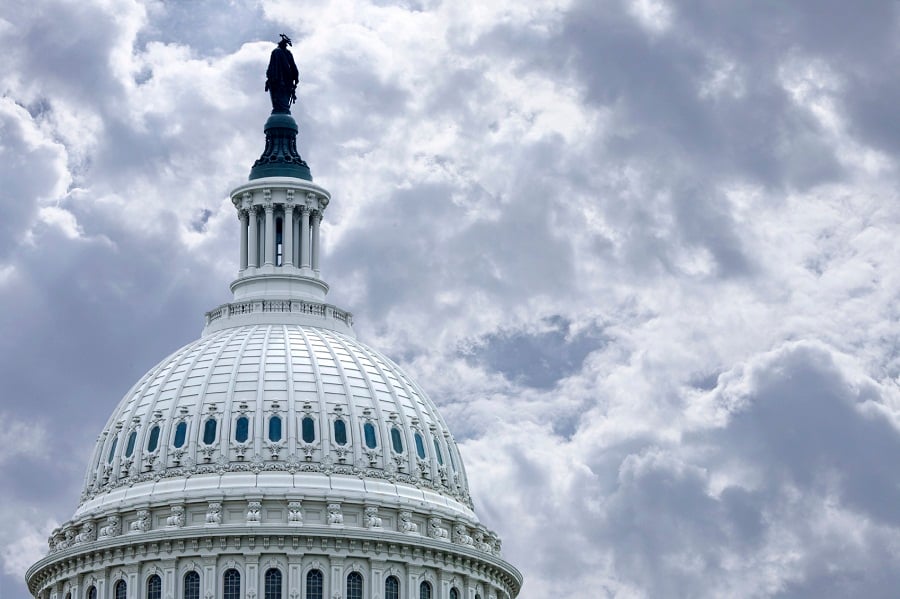

Investors would qualify to buy private securities if they pass an SEC test under legislation that gained strong bipartisan approval in the House Wednesday night.
Under the bill, the Equal Opportunity for All Investors Act, individuals would become certified as accredited investors after successfully completing an examination designed by the Securities and Exchange Commission and administered by the Financial Industry Regulatory Authority Inc.
The measure, which the House passed 383-18, is designed to expand the pool of accredited investors.
Under current rules, accredited, or sophisticated, investors are defined as those who make at least $200,000 annually or have a net worth of more than $1 million, not including the value of their home. An SEC rule in 2020 also extended accreditation to people who hold certain licenses, educational background or experience, such as investment advisors and brokers.
Many Republican and Democratic lawmakers want to widen the scope of sophistication to allow more people to invest in securities issued by start-up companies, real estate ventures and other entities that are not registered with the SEC. Proponents see it as a way for investors to diversify and increase returns in their portfolios.
But some legislators voiced concern that retail investors lack the knowledge and savvy to understand private placements, which tend to be opaque, risky and illiquid. The notion of an SEC test seemed to address worries about potential investor harm related to greater participation in private markets.
“This bill will solve the problem of people who are ready to invest who are not millionaires or billionaires, but they’re smart and they know how to determine what the risks are,” Rep. Maxine Waters, D-Calif., and ranking member of the House Financial Services Committee, said during House floor debate on the bill. “If they’re prepared to take them, then let them do so.”
The bill’s author, Rep. Mike Flood, R-Neb., said the definition of an accredited investor shouldn't be determined solely by an individual’s wealth.
“Instead, we should unlock opportunities for knowledgeable investors that may not come from means,” Flood said. “This bill strikes an effective balance. It brings more investors into the accredited investor pool but also contains guardrails that would filter out individuals that do not understand private offerings and the investment risks associated with them.”
The lead Democratic co-sponsor of the bill said an SEC test would open the door to private markets for investors of color.
“Underrepresented entrepreneurs often struggle to access capital, and they greatly benefit from a larger pool of diverse investors that look like them,” said Rep. Wiley Nickel, D-N.C.
The bill now goes to the Senate, where its legislative prospects are unclear. There is no companion bill in the Senate.

AI is no replacement for trusted financial advisors, but it can meaningfully enhance their capabilities as well as the systems they rely on.

Prudential's Jordan Toma is no "Finfluencer," but he is a registered financial advisor with four million social media followers and a message of overcoming personal struggles that's reached kids in 150 school across the US.

GReminders is deepening its integration partnership with a national wealth firm, while Advisor CRM touts a free new meeting tool for RIAs.

The Texas-based former advisor reportedly bilked clients out of millions of dollars, keeping them in the dark with doctored statements and a fake email domain.

The $3.3 trillion tax and spending cut package narrowly got through the upper house, with JD Vance casting the deciding vote to overrule three GOP holdouts.
Orion's Tom Wilson on delivering coordinated, high-touch service in a world where returns alone no longer set you apart.
Barely a decade old, registered index-linked annuities have quickly surged in popularity, thanks to their unique blend of protection and growth potential—an appealing option for investors looking to chart a steadier course through today's choppy market waters, says Myles Lambert, Brighthouse Financial.
